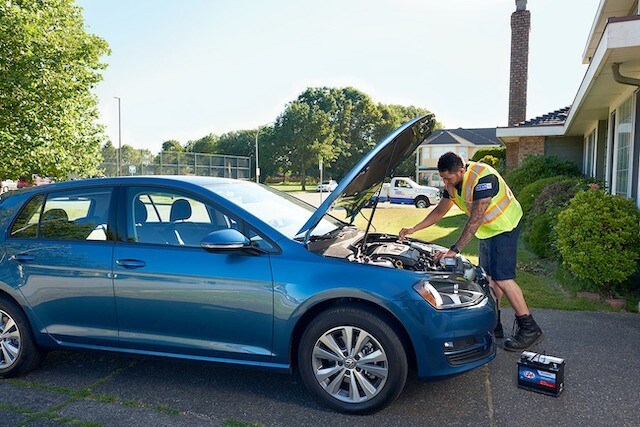By Colin Dacre
With people staying home for several days at a time due to the pandemic, vehicles have been sitting idle in driveways for longer than usual.
BCAA is reporting a 50 per cent spike in roadside assistance calls for battery replacements this month.
“Without regular driving, vehicle batteries can deteriorate over time,” BCAA said in a news release. “This is especially true for older batteries or for feature-packed newer vehicles and problems can start after just a few weeks sitting parked.”
The insurer said staying parked for long periods can also lead to tires deflating.
BCAA automotive manager Josh Smythe says the usual advice is to drive at least an hour a week for the best battery life, but that might not fit with today’s unusual times.
Drivers are advised to make the most out of essential trips; even 20 to 30 minutes a week helps. Choose a longer route or, if possible, drive to a store a little further away.
You can consider a battery maintainer to keep your battery charged and plugged into the wall. Drivers should also check their tire pressure regularly, especially if you are not using your vehicle often.
Vehicle insides should also be cleaned to avoid odour or mould. Your car should be well-sealed with windows closed and ventilation system is set to recirculation, not fresh air, to prevent rodents from getting in.
“Do not set the parking brake if you're going to park your vehicle for more than 30 days,” Smythe said. “The pads or shoes can seize to the drum or the rotor and cause problems down the road when you move it. To prevent the vehicle from rolling away, chock the tire at the front and at the rear.”
Read more from



